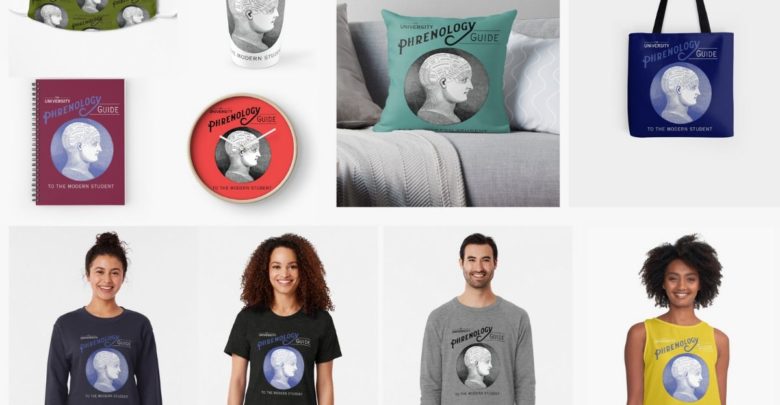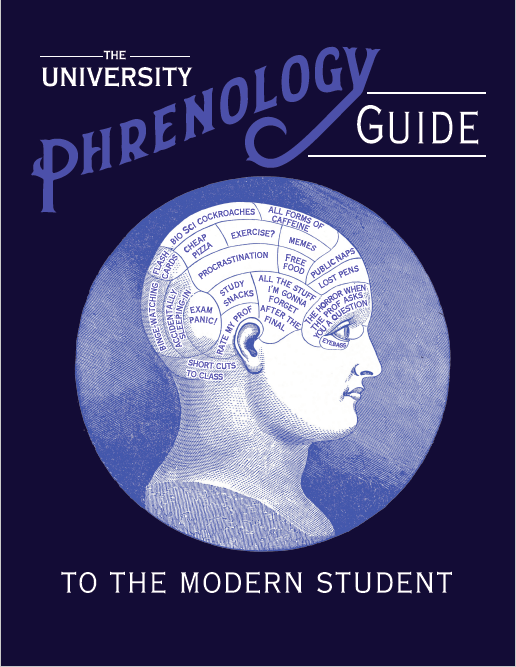Graduate Psychology Association holds online fundraiser for ACCESS Open Minds
The fundraiser is selling everything from stickers to shower curtains.
 GPA
GPAWith the impacts of the COVID-19 pandemic and university budget cuts, students are setting out to fundraise for campus mental health support ACCESS Open Minds.
The Graduate Psychology Association (GPA) started an online fundraiser to support ACCESS Open Minds, a national program that connects youth with mental health services, and aims to improve those services. To raise funds, they are selling merchandise on their website including t-shirts, mugs, stickers, notebooks, and even shower curtains with a design made by a local graphic artist. People can also make donations directly on their website. The fundraiser was started at the end of May, and is planned to run until June 15 — although if it is a success, it could be extended.
ACCESS Open Minds is a national organization dedicated to “improving youth mental health services and understanding their impact in diverse communities from coast to coast to coast.” Funded by Canadian Institutes of Health Research (CIHR) and the Graham Boeckh Foundation, they have multiple office sites, including one at the University of Alberta.
All of the proceeds from the sales of the merchandise will go to the fundraiser, and there is a student discount through the seller. In response to the fundraiser, the university also set up a direct link to donate to the UAlberta ACCESS Open Minds office, if people don’t want to buy merchandise. This way, they know their donation is going directly to student mental health services at the U of A, and can get a tax receipt for their donation.
Anna Kalisvaart, a psychology PhD student and co-chair of the GPA, said she was looking for a way to help students in light of the pandemic and its effects on students’ mental health. The pandemic has had an impact on her own mental health, and she’s not the only one, she said.
“I kind of started thinking of ways that I could help others that were in the situation that I was in, and as I was finding my way out of that,” she said. “It’s just such a stark change from being around so many people every day, to being then so isolated.”
The goals of the ACCESS Open Mind programs across the country are to allow youth to access an initial assessment within 72 hours, and then access to the specialized services they need within one month. ACCESS also works to provide services to students from 11 to 25 years old, instead of traditional coverage cut-offs at 18 years old. They also do research on approaches to address mental health needs to create better services, especially for youth.

On top of the effects of the pandemic, Kalisvaart said, there is also uncertainty about how university budget cuts will affect students, which led her to the idea to raise money for ACCESS Open Minds.
“In light of the budget cuts, it just felt important to me that this service that has now become something that students depend on, not be affected by those budget cuts,” she said, “Fundraising to me felt like a way that we could do something about that.”
Before ACCESS came to the university, Kalisvaart said, students who needed support could only go to the Peer Support Centre or Clinical and Counselling Services. These services were “overburdened,” she said, and there were long wait times, with students sometimes unable to have a follow-up or repeat appointment.
“In light of that, ACCESS Open Minds was a really great addition to our university campus,” she said, “and actually now, the majority of students who are seeking mental health support will actually go to ACCESS rather than Clinical and Counselling services.”
The fundraiser has received “a lot of great support” from people who have participated, as well as the psychology department, Kalisvaart said.
The design of merchandise for the fundraiser, created by a local graphic designer, is inspired by the commonalities between students.
“[Be]cause even though we’re separated, we still are a community, and we’re still together and we should be here to support each other,” Kalisvaart said.




